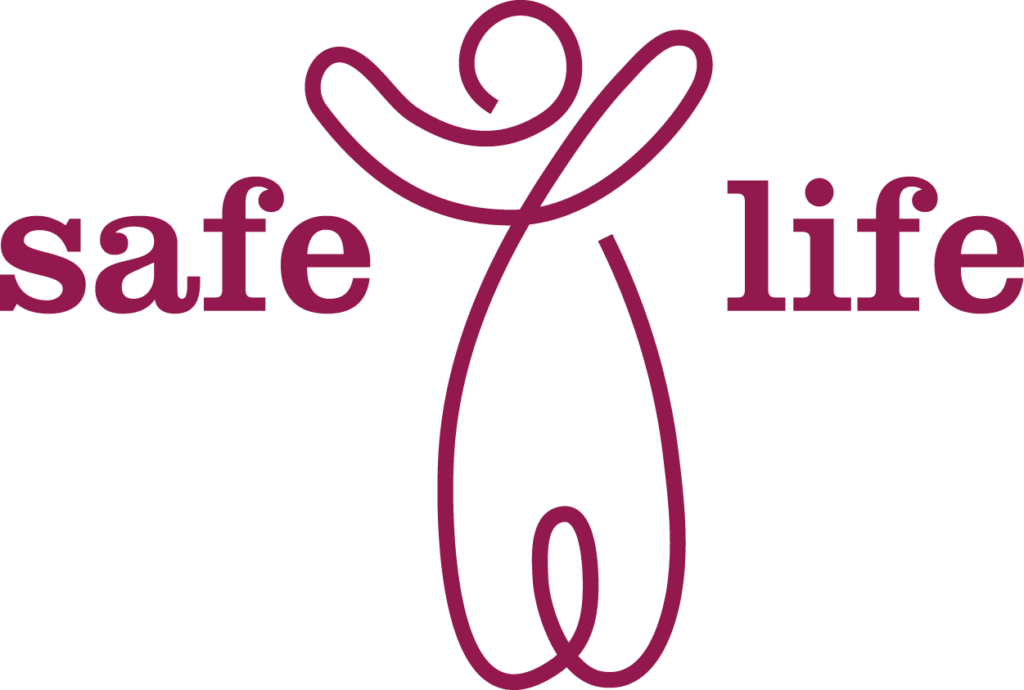
Part Time
Remote or Sacramento, CA
BASIC FUNCTION:
Safe Life Teaching Assistants work remotely, in a variety of community settings, or in an in-person/online hybrid situation, to help deliver lessons of the Safe Life Project, serving individuals who have disabilities, including autism. Classes generally serve 8-12 students, or in special cases, may be conducted in 1:1 situations (one assistant and one student). Lessons are usually set on a predetermined schedule, with one class being taught each week over a 12-week period.
ESSENTIAL DUTIES:
EDUCATION, TRAINING, AND EXPERIENCE:
Minimum Qualifications:
WORKING CONDITIONS:
WORK YEAR: Safe Life Teaching Assistants are part of an at-will employee pool. Work opportunities may vary depending upon client intake. No health benefits are connected to this position.
COMPENSATION*: $15 per hour. Teaching Assistants are usually compensated $15 per hour for in-service and trainings.
*Compensation rates are subject to change as determined by the Safe Life Board of Directors.
POSITION REPORTS TO: The Safe Life Teaching Assistant reports to the CEO Team.
How to Apply:
If you are interested in applying for this position, you will need to complete a letter of introduction and an application and send both documents to info@safelifeproject.org. You can download the application form by clicking the link below. Should you have any questions, please feel free to contact us at info@safelifeproject.org
The Safe Life Project
Promoting Success by Addressing Physical, Social & Emotional Well-being
We offer individualized skill development classes, real opportunities to apply learned skills, and resources to individuals with disabilities, including autism, their families, support persons, and educators.

© Safe Life Project. All Rights Reserved.